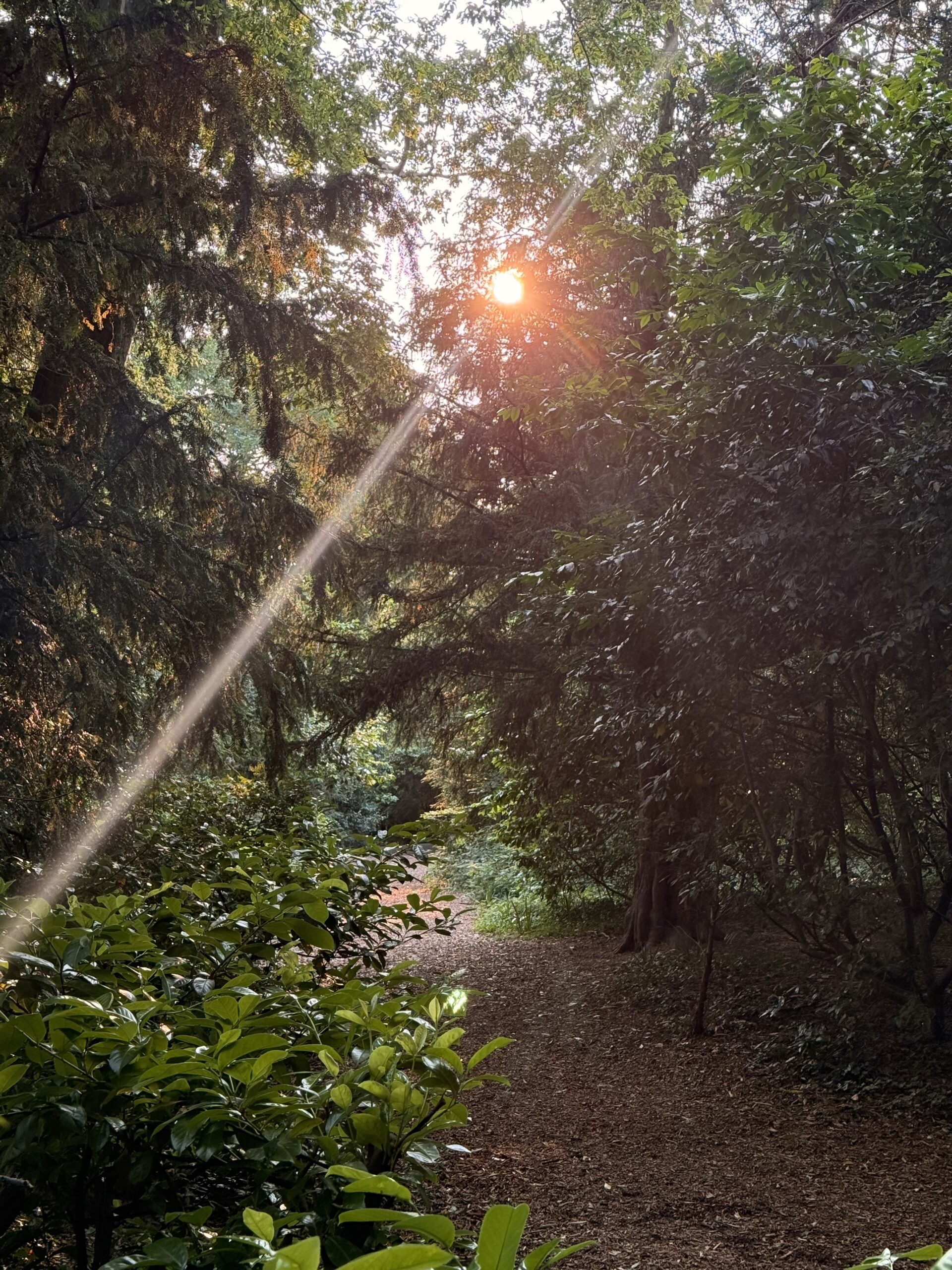Written by Mir Abdullah Miri
As we approach Refugee Week, I find myself reflecting on how ‘hope’ moves differently for people who have been displaced. For many of us, especially in those first months or even years after arrival, emotions come and go in waves. One day you might feel full of purpose. The next, uncertain. Even when you have opportunities, support or safety, when hope feels distant, it can slow down your process. This piece is something I’ve written to remind myself and perhaps others why I still speak of hope.
Why I Speak of Hope
I speak of hope to remember where I come from.
I speak of hope to imagine where we, together, might go.
I speak of hope because it crossed borders with me (from Herat, through Kabul, and into the UK) tucked in my chest like breath, holding my family together when all else was uncertain.
I arrived with my wife and our two-year-old son.
Nothing more than bags, exhaustion and the quiet strength it took to just keep going.
I speak of hope because strangers welcomed us.
Councils extended hands. Volunteers shared time, food, warmth.
In those moments, hope wasn’t abstract. It was a hot cup of tea. A lift to an appointment. A simple ‘you are not alone.’
I speak of hope because it is not charity.
It is not a handout.
It is dignity.
It is the power that helps us take the next step.
Hope opened doors for me. Not back to where I was, but forward to where I could belong.
Not just as a refugee, but as a survivor.
A scholar. A teacher. A researcher. A contributor.
I speak of hope because a ‘Warm Welcome’ scholarship was not just funding. It was affirmation.
It said: you matter, your voice matters, your work matters.
I speak of hope because I have been heard, and I continue to listen.
I speak of hope because education is more than instruction. It is identity construction.
Because for refugees, education isn’t just a right; it is a fresh start.
I speak of hope because I’ve studied it.
Because in my research, I’ve seen how hope is entangled with belonging, with recognition, with representation.
Because hope, like education, lives in relationships.
In the small moments that lift us up: a teacher who pronounces your name correctly, a classmate who waits patiently as you search for the right word in English.
I speak of hope for the child who draws a picture of school and calls it ‘home.’
For the parents learning a new language to help their children succeed.
For the students navigating the unknown with quiet strength.
For the community that gathers to support each other and make room for one another.
I speak of hope because it asks something of all of us: to become part of someone else’s courage.
I speak of hope to resist false narratives: the ones that flatten our stories into statistics, policies or threats.
I speak of hope because I have received so much support, and because I am committed to supporting others.
Hope has passed through my hands: from those who reached out to me, to those I now reach for.
I speak of hope because to thrive is not selfish.
It is generous.
It is contagious.
Hope expands when shared. Not in grand gestures, but in the everyday: in walking together, in learning together, in staying present.
But let me be clear: hope is not the same as optimism.
Optimism assumes things will get better.
Hope dares to move even when we don’t know if things will get better.
Hope lives with uncertainty.
It is not blind optimism. It is a conscious, ethical choice.
And I say this with care: we must not demand hope from others.
Especially those who are grieving, disoriented or still settling in a new country.
We cannot tell people to be hopeful.
We can only create conditions where hope might take root.
We can make space.
We can offer warmth without pressure.
We can show up.
So how do we keep hope alive, especially for those who are new?
Not through speeches, but through presence.
Through simple acts:
Sitting with someone who feels invisible.
Asking what they miss.
Celebrating what they bring.
Listening without trying to fix.
Making space for someone’s language.
These things don’t take expertise.
They take heart.
And heart is where hope lives.
I speak of hope as a father.
As a husband.
As a refugee scholar.
Not as a victim, but as a survivor.
As a voice.
As a participant.
As a contributor to this shared community.
I speak of hope because education heals.
Education restores.
Education allows us to re-root when our original ground has been taken.
Education gives us language; not just to speak, but to be heard.
I speak of hope because even in displacement, we carry seeds.
And where there is hope, those seeds can grow.
So I ask you: if you were to speak of hope, what would you say?
Mir Abdullah Miri (Mir) is one of our valued volunteers. A refugee scholar from Afghanistan, Mir has been connected with BWR as a client and continues to contribute as a member of our Community Advisory Group, Education Advisor, and Social Event Coordinator.
Back to Blog
